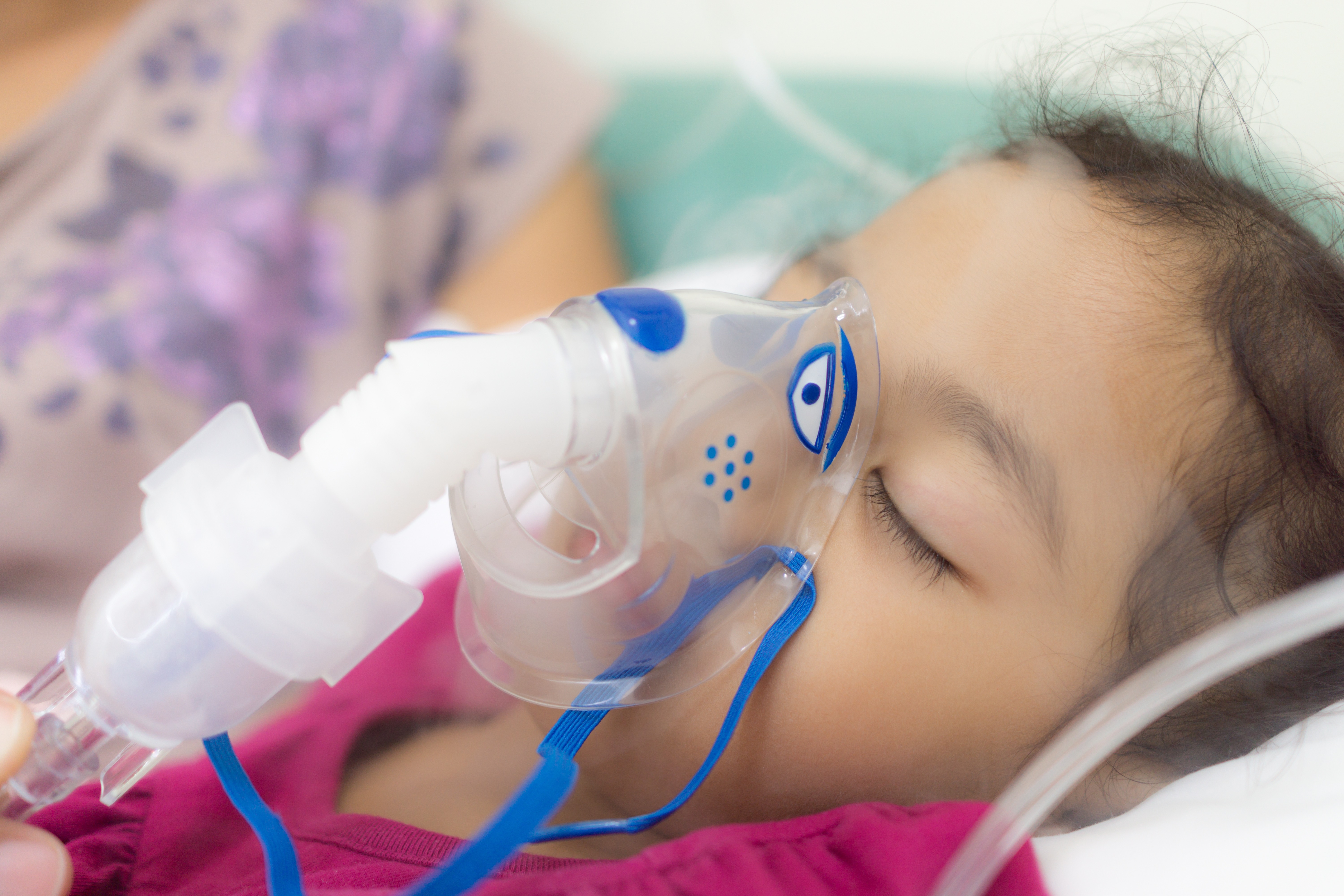New CF Guidelines for Treatment and Care of Preschoolers Issued with Aid of CF Foundation
Written by |

Early nutritional intervention and monitoring for respiratory and gastrointestinal disease in the youngest cystic fibrosis (CF) patients is vital to improving long-term outcomes. Clinical care guidelines specific to infants with CF, and nutrition and pulmonary guidelines for children over 6 years of age exist, and published by the CF Foundation. However, a gap exists in clinical care recommendations pertaining to preschoolers, or children ages 2 to 5.
To address this lack, the Foundation assembled a multidisciplinary board, led by Thomas Lahiri, MD, from the University of Vermont Children’s Hospital in Burlington, to developed guidelines for the care of 2- to 5-year-old children with CF. Their evidence-based and consensus recommendations, in the article “Clinical Practice Guidelines From the Cystic Fibrosis Foundation for Preschoolers With Cystic Fibrosis,” was published in the journal Pediatrics.
In total, 16 CF pediatric experts and parents were convened to develop clinical care guidelines.
Advice given relates to routine surveillance for drugs for pulmonary disease, as well as nutritional and gastrointestinal care. According to the recommendations, children with CF should have access to routine well-child care from primary care providers. Collaboration between a CF Foundation-accredited care center, and family and primary care providers, is critical.
Spirometry should be tried as early as age 3, and should be used to identify pulmonary exacerbation and to monitor the clinical response to therapy. Inhaled, oral and/or intravenous antibiotics should be used to treat pulmonary exacerbations, with daily airway clearance recommended to reduce exacerbations and to improve lung function. Weight-for-age of preschoolers should be maintained at ≥10th percentile.
“The care of the preschool-aged child with CF includes complex, time-consuming treatment regimens and overcoming behavioral challenges common in this age group to maintain lung health and optimize growth,” the authors wrote, according to a news release. “We hope that these guidelines will help CF care teams and families make informed decisions regarding care of the 2- to 5-year-old children with CF.”
CF is a life-threatening, genetic disease that causes persistent lung infections and progressively limits the ability to breathe. In people with CF, a defective gene causes a buildup of mucus in the lungs, pancreas, and other organs. In the lungs, the mucus clogs the airways and traps bacteria leading to infections, extensive lung damage, and, eventually, respiratory failure. In the pancreas, the mucus prevents the release of digestive enzymes that allow the body to break down food and absorb vital nutrients.
In the United States, it is estimated that about 30,000 people live with CF (70,000 worldwide), and that approximately 1,000 new CF cases are diagnosed each year. More than 75 percent of CF patients are diagnosed by age 2.






